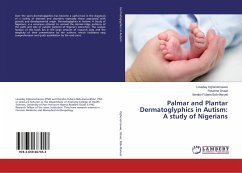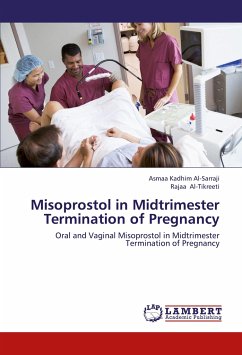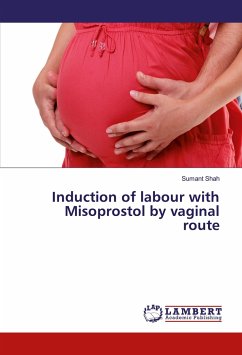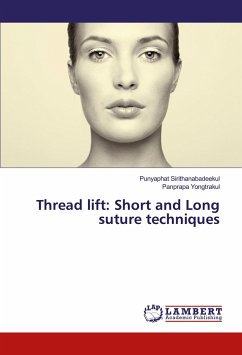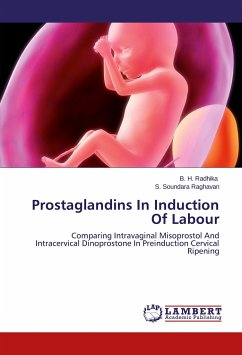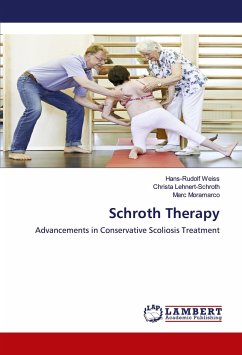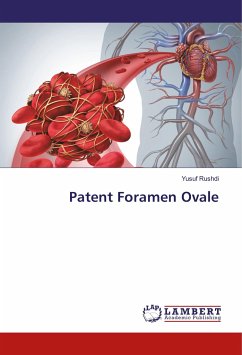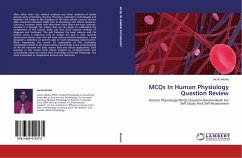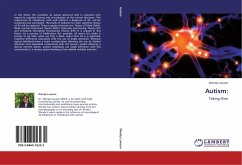
Autism:
Taking Over
Versandkostenfrei!
Versandfertig in 6-10 Tagen
52,99 €
inkl. MwSt.

PAYBACK Punkte
26 °P sammeln!
In this thesis, the condition of autism spectrum (AS) is reviewed with regard to cognitive theory and re-evaluation of the current literature. The experiences of individuals, with and without a diagnosis of AS, will be compared and contrasted. The levels of evidence for each cognitive theory of AS will be explored. These cognitive theories are: Theory of Mind (ToM); Weak Central Coherence theory (WCC); Executive Functioning Theory (EF) and Enhanced Perceptual Functioning Theory (EPF). It is argued in this thesis, via a process of falsification (for example, all swans are white is proven to be ...
In this thesis, the condition of autism spectrum (AS) is reviewed with regard to cognitive theory and re-evaluation of the current literature. The experiences of individuals, with and without a diagnosis of AS, will be compared and contrasted. The levels of evidence for each cognitive theory of AS will be explored. These cognitive theories are: Theory of Mind (ToM); Weak Central Coherence theory (WCC); Executive Functioning Theory (EF) and Enhanced Perceptual Functioning Theory (EPF). It is argued in this thesis, via a process of falsification (for example, all swans are white is proven to be false when we find a black swan) that AS is a particular cognitive difference associated with the use of single attention. Whereas typical individuals have a brain configuration allowing the use of divided attention and associated connectivity with the sensory system allowing a diverse interest system, autistic individuals use single attention with less connectivity to a sensory system leading to less related multiple interests.




